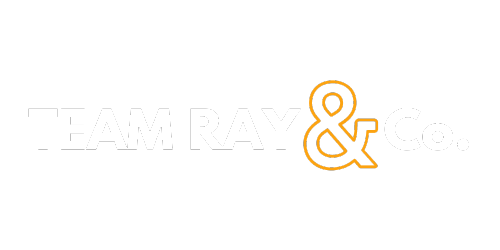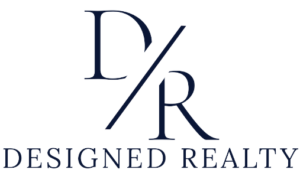Journaling for Self-Reflection
Techniques for Deepening Your Understanding of Self
Journaling is a powerful tool for self-reflection and self-discovery, allowing you to explore your thoughts, feelings, and experiences in a safe and private space. Whether you’re seeking clarity on a specific issue, processing emotions, or simply looking to deepen your understanding of self, journaling can help you gain insight, perspective, and personal growth. Here are some techniques for harnessing the power of journaling for self-reflection:
- Freewriting: Start by setting aside dedicated time each day or week to engage in freewriting – a stream-of-consciousness writing exercise where you write continuously without censoring or editing your thoughts. Let your pen flow freely across the page, allowing whatever thoughts, feelings, or ideas arise to be expressed without judgment or inhibition. Freewriting can help you access your subconscious mind and uncover hidden insights and truths about yourself.
- Reflect on Your Day: Take time at the end of each day to reflect on your experiences, observations, and interactions. Use your journal as a tool for processing your thoughts and emotions, capturing key moments, and identifying patterns or recurring themes in your life. Ask yourself reflective questions such as “What went well today?” “What challenges did I encounter?” and “What lessons did I learn?” to deepen your understanding of yourself and your experiences.
- Gratitude Journaling: Cultivate an attitude of gratitude by keeping a gratitude journal, where you regularly write down things you’re thankful for. Take a few minutes each day to reflect on the blessings, joys, and positive experiences in your life, no matter how big or small. Practicing gratitude can help shift your perspective, increase feelings of happiness and contentment, and foster a deeper appreciation for life’s simple pleasures.
- Goal Setting and Visioning: Use your journal as a tool for setting goals, clarifying your aspirations, and envisioning your ideal future. Write down your short-term and long-term goals, along with action steps and deadlines for achieving them. Visualize your dreams and desires in vivid detail, using descriptive language and imagery to bring them to life on the page. Revisit your goals regularly to track your progress and stay motivated and focused on your journey of personal growth and self-improvement.
- Mindfulness and Meditation: Incorporate mindfulness and meditation practices into your journaling routine to cultivate present-moment awareness and inner peace. Begin each journaling session with a few minutes of mindful breathing or meditation to center yourself and quiet the chatter of the mind. Notice sensations in your body, thoughts in your mind, and emotions in your heart without judgment or attachment, allowing yourself to be fully present and open to whatever arises.
- Creative Expression: Explore creative forms of journaling, such as drawing, painting, collage, or mixed media, to express yourself in nonverbal ways. Use colors, shapes, and symbols to convey your emotions, experiences, and innermost thoughts, tapping into your subconscious mind and unleashing your creativity. Allow yourself to experiment with different mediums and techniques, trusting in the process of creative expression to reveal insights and truths about yourself.
- Self-Compassion and Forgiveness: Practice self-compassion and forgiveness in your journaling practice, offering yourself kindness, understanding, and acceptance in moments of struggle or self-criticism. Write compassionate letters to yourself, acknowledging your strengths, acknowledging your challenges, and offering words of encouragement and support. Cultivate a sense of self-love and forgiveness, letting go of past mistakes and embracing your inherent worthiness and humanity.
By incorporating these techniques into your journaling practice, you can deepen your understanding of self, cultivate self-awareness and insight, and foster personal growth and transformation. Remember that journaling is a personal and creative process, so feel free to adapt these techniques to suit your unique needs and preferences. Whether you’re exploring your passions, processing emotions, or seeking clarity on your life’s purpose, journaling can be a valuable tool for navigating the journey of self-discovery with courage, curiosity, and compassion.




